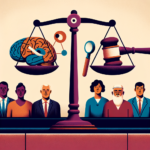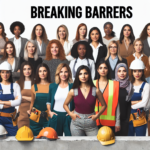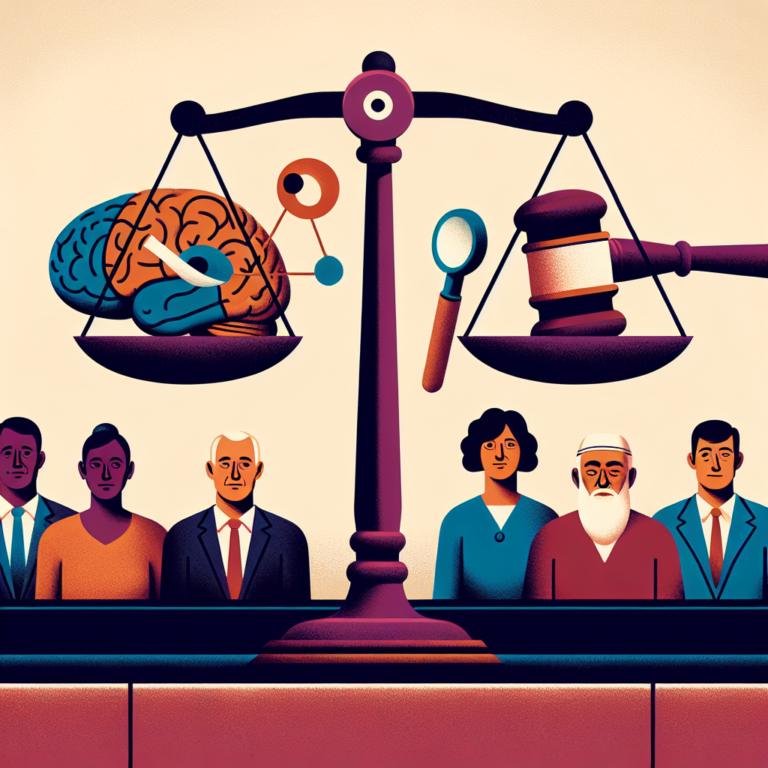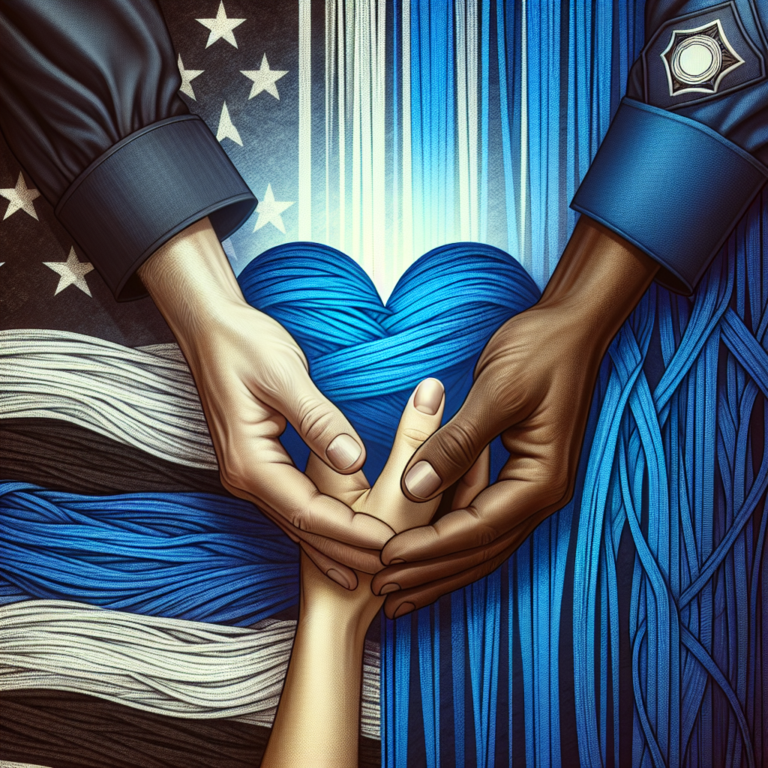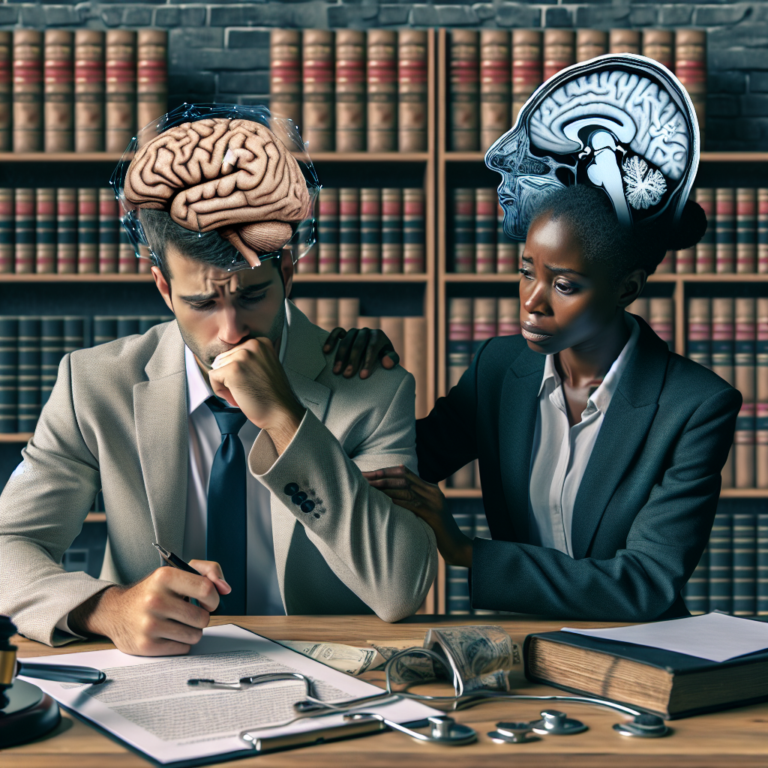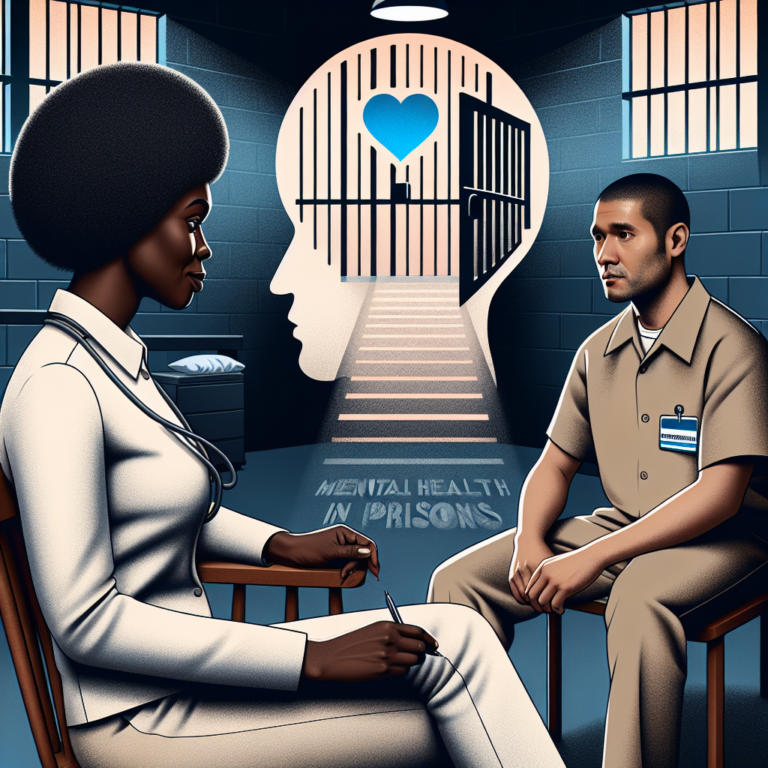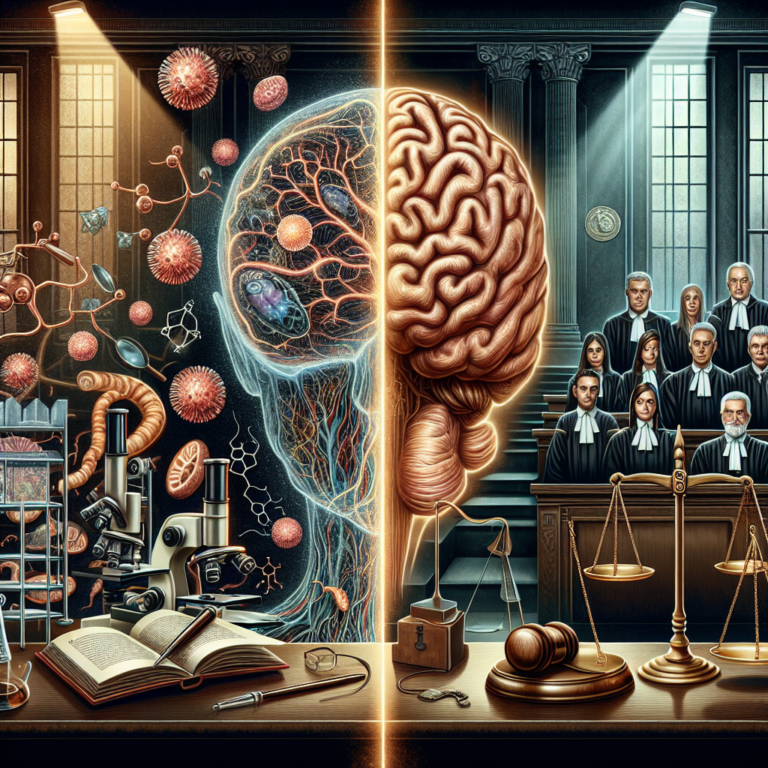
Introduction
Have you ever wondered what happens behind the courtroom doors that might sway a jury’s decision? The art of persuasion in legal cases is not solely in the hands of lawyers; a cadre of professionals called trial consultants plays a pivotal role in shaping courtroom narratives. In this in-depth exploration, we delve into "Behind the Scenes: How Trial Consultants Influence Courtroom Outcomes," revealing the strategic maneuvers that can spell success or failure in high-stakes trials.
The Role of Trial Consultants
Trial consultants are multidisciplinary experts—often rooted in psychology, communication, or research—who provide invaluable insights to legal teams. They analyze various elements of a case, from juror selection to jury dynamics, and even courtroom presentations. Their expertise allows them to tailor strategies designed to resonate with jurors, making them essential members of any trial team.
Understanding Juror Psychology
One of the critical areas where trial consultants excel is in juror psychology. Understanding how jurors think, feel, and respond to different narratives can be the difference between a favorable verdict and a loss. For instance, consultants use focus groups to test theories about how jurors might perceive evidence or witness credibility.
Case Study: The McDonald’s Hot Coffee Case
In the infamous Liebeck v. McDonald’s case in the 1990s, trial consultants played a significant role. By focusing on the emotional aspects of the case, they informed lawyers that the jury would be swayed more by empathy for the plaintiff, Stella Liebeck, than by the technicalities of the law. This understanding led to a narrative frame that emphasized personal suffering, which ultimately resulted in a significant verdict for Liebeck.
Jury Selection: The Unsung Art
Behind the scenes, jury selection is an intricate process often guided by trial consultants. Using tools like juror profiling and demographic analysis, consultants identify potential jurors who might align with the case’s narrative.
The Science of Jury Profiling
Trial consultants employ various methods—such as surveys and psychological tests—to gauge potential jurors’ predispositions. This analysis allows legal teams to make informed decisions about who they want in the jury box.
Table 1: Key Metrics in Jury Profiling
| Metric | Description |
|---|---|
| Demographic Factors | Age, gender, socioeconomic status |
| Psychological Traits | Personality types, attitudes towards authority |
| Past Experiences | Previous jury service, personal connections to cases |
| Media Consumption | News outlets, social media platforms usage |
Crafting Persuasive Narratives
Parallel to jury selection, crafting persuasive narratives is another vital aspect of how trial consultants influence courtroom outcomes. They help legal teams create compelling stories that connect emotionally with jurors.
Case Study: The O.J. Simpson Trial
During the O.J. Simpson trial, the defense team utilized trial consultants to frame the narrative around issues of race and police misconduct. The consultants’ insights into emotional trigger points helped shape a defense strategy that resonated deeply with the jury, ultimately leading to a not-guilty verdict.
Impact of Courtroom Presentation
Trial consultants also advise on courtroom presentation. From the design of visual aids to the delivery style of attorneys, every detail matters. Effective presentation can simplify complex information, making it more digestible for jurors.
Key Elements of Courtroom Presentation
- Visual Aids: Infographics, videos, and photos can significantly enhance juror understanding.
- Storyboarding: Trial consultants often create storyboards to ensure a logical flow of information.
- Practice Runs: Mock trials allow lawyers to fine-tune their presentations based on juror feedback.
Table 2: Factors Influencing Courtroom Presentation
| Factor | Importance |
|---|---|
| Visual Engagement | Keeps jurors interested |
| Clarity of Information | Reduces cognitive overload |
| Emotional Resonance | Connects with juror values |
Preparing for Cross-Examination
Cross-examination is a high-stakes game, and trial consultants play a crucial role in equipping attorneys with strategies to deconstruct opposing witnesses.
Case Study: The Enron Scandal
In the Enron trial, consultants helped the defense prepare for the prosecution’s aggressive cross-examinations. Their in-depth analysis of witness backgrounds and potential soft spots allowed lawyers to mitigate damage during questioning, significantly influencing jury perceptions.
Trial Consultants and Technology
The rise of technology has also transformed how trial consultants operate. Tools like data analytics, online surveys, and jury simulation software have expanded their capabilities.
Data-Driven Decisions
With the advent of big data, trial consultants can tap into vast amounts of information to inform strategies. They can analyze trends and patterns, making predictions about juror behavior based on empirical data.
Table 3: Technology in Trial Consulting
| Technology | Application |
|---|---|
| Data Analytics | Identifying trends in juror behavior |
| Virtual Reality (VR) | Simulating courtroom scenarios |
| Survey Tools | Gathering juror insights pre-trial |
Ethical Considerations
While trial consultants provide significant advantages, ethical considerations remain paramount. Questions arise about the manipulation of public perception and the quest for justice. Ensuring that practices remain ethical is a vital aspect of the trial consulting profession.
Maintaining Integrity
Consultants must navigate the fine line between strategy and manipulation. Ethical training and adherence to professional codes can help maintain the integrity of the legal process.
Conclusion
As we have explored in detail, "Behind the Scenes: How Trial Consultants Influence Courtroom Outcomes" encompasses various aspects of legal strategy, from jury selection to narrative crafting and courtroom presentation. Armed with the knowledge that trial consultants exist to aid in the pursuit of justice, legal teams can leverage their expertise to enhance outcomes in high-stakes trials.
Understanding the influence of trial consultants offers a powerful perspective on the judicial system, shedding light on the often-invisible forces that shape verdicts. With the right strategies, guided by expert insights, every trial can be approached with a newfound confidence that justice, while complex, can ultimately prevail.
FAQs
1. What exactly do trial consultants do?
Trial consultants assist legal teams by analyzing case elements, advising on jury selection, crafting narratives, and preparing courtroom presentations.
2. Are trial consultants ethical?
Yes, but ethical considerations are paramount. They must balance strategy with maintaining the integrity of the judicial process.
3. How do trial consultants influence jury selection?
They use demographic analysis, psychological profiling, and focus group research to identify jurors who align with a case’s narrative.
4. Can trial consultants guarantee a win?
No, while they can enhance a legal team’s strategy, outcomes are ultimately determined by the jury and the legal arguments presented.
5. What role does technology play in trial consulting?
Technology is essential for data-driven decisions, providing tools for analysis, simulations, and effective jury engagement strategies.
This exploration into the intricacies of trial consulting reveals not only the depth of their influence but also the critical need for ethical practices in the legal landscape. As trials continue to evolve, so too will the role of those who work tirelessly behind the scenes.

